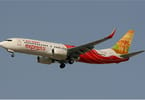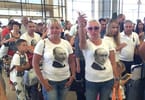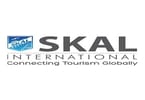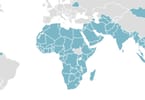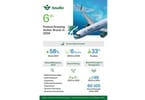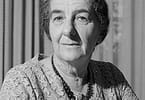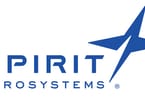TORONTO, Canada – A commentary was published in the Toronto Star today by Calin Rovinescu, president and CEO of Air Canada, about the proposal by Porter Airlines to introduce jet service from Billy Bishop Toronto City Airport (BBTCA).
Robert Deluce, president and CEO of Porter Airlines, provided the following statement regarding this article:
“In the debate regarding BBTCA, Air Canada’s clear interest is to stop additional competition on new routes in which it presently benefits from higher airfares, to the detriment of consumers. It is therefore unsurprising that Air Canada would seek to delay the introduction of competition and lower fares as long as it possibly could.”
Since 2006, airfares have fallen by as much as 60% on routes Porter serves. For over seven years, Air Canada has used every means at its disposal to prevent Porter from creating competition on new routes. These tactics included the use of serial and abusive litigation, whereby Air Canada brought six separate legal actions against Porter since 2005. All of these proceedings have either been dismissed by Canadian courts or dropped by Air Canada.
Air Canada operates 15% of the total flights at BBTCA. Air Canada conveniently does not mention it is the dominant air carrier at many airports across Canada, in some cases operating 100% of flights. Billy Bishop is a slot controlled airport with limits on the total number of flights. Such limits are common throughout the world – similarly slot restricted airports in North America include New York LaGuardia Airport and Washington Reagan National Airport. Additionally, slot allocation at BBTCA is independently managed by the world’s largest slot management firm (ACL) and is based on international best practices. This impartial allocation methodology was the subject of many of Air Canada’s litigation attacks on the airport and the Federal Court of Canada dismissed Air Canada’s complaints in their entirety.
After its only competing airline was driven out of business in 1991, Air Canada enjoyed a monopoly on commercial flights at BBTCA through its Air Ontario subsidiary (later Jazz) for almost 15 years. During this time, its business was purposely consolidated at Toronto Pearson Airport until just one route with a handful of flights was left at BBTCA. Despite requests from the airport’s operator to participate in its service development, Air Canada refused at every opportunity.
Porter is proposing to fly the quiet Bombardier CS100 aircraft to longer-range destinations such as Florida, California, Vancouver, Calgary, and Winnipeg in 2016. These new routes will offer direct competition to Air Canada, resulting in lower airfares that will benefit consumers.
WHAT TO TAKE AWAY FROM THIS ARTICLE:
- This impartial allocation methodology was the subject of many of Air Canada's litigation attacks on the airport and the Federal Court of Canada dismissed Air Canada's complaints in their entirety.
- After its only competing airline was driven out of business in 1991, Air Canada enjoyed a monopoly on commercial flights at BBTCA through its Air Ontario subsidiary (later Jazz) for almost 15 years.
- “In the debate regarding BBTCA, Air Canada's clear interest is to stop additional competition on new routes in which it presently benefits from higher airfares, to the detriment of consumers.



